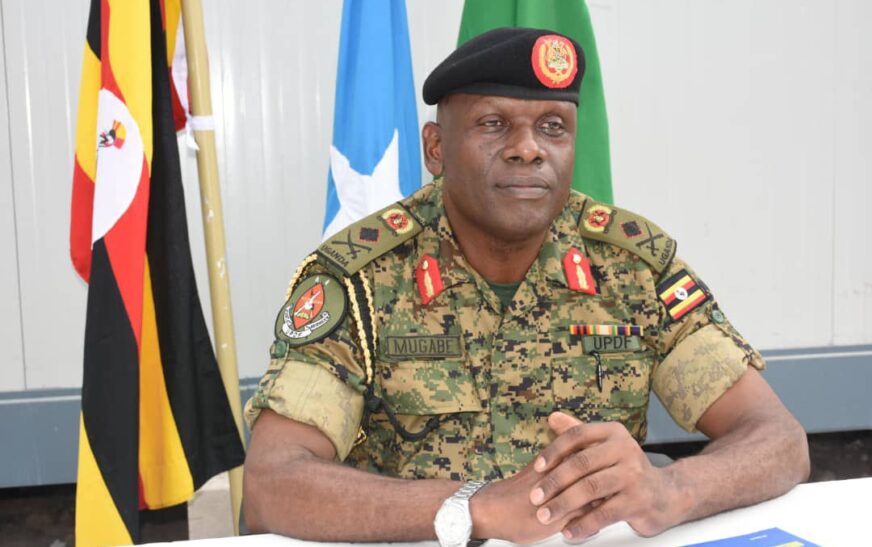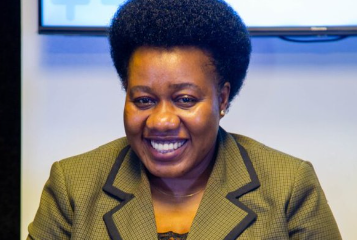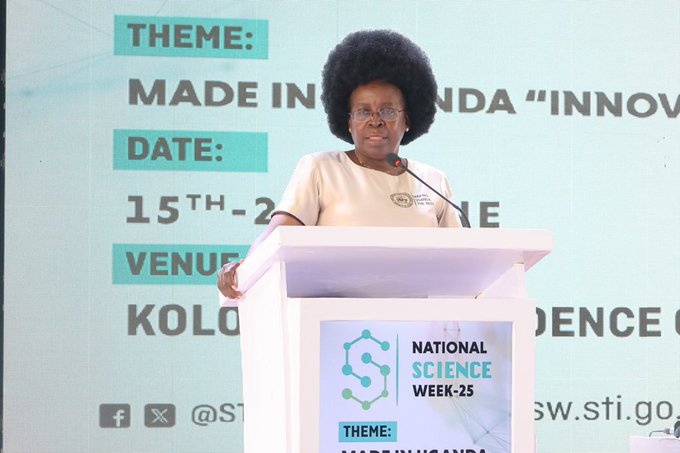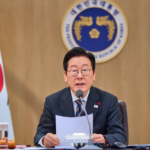The government is set to table the controversial Uganda People’s Defence Forces (UPDF) Amendment Bill following a resolution by the ruling National Resistance Movement (NRM) to support a proposal allowing the trial of armed civilians in the Court Martial.
The UPDF Amendment Bill was previously withdrawn earlier this year to accommodate changes prompted by the Supreme Court’s January 2025 ruling, which barred the trial of civilians in the General Court Martial. The bill will be tabled latter today.
The object of the Uganda Peoples’ Defence Forces (Amendment) Bill, 2025 aims to streamline the composition of the organs and structures of the Defence Forces; establish a Health Care Service for the members of the Defence Forces; to establish the Medical Board among others.
The bill also aims to provide for the membership and the qualifications of the Chairpersons of the courts martial and for the independence of the courts martial; provide for appeals from the courts martial; provide for the exceptional circumstances under which civilians may be subject to military law and to prescribe the offences for which civilians may be tried by the courts martial and others.
Qualifications of the Chairperson of the courts
Unit Court Martial – a holder of LLB and a Diploma in Legal Practice – note – not necessary an advocate of the High Court of some experience
Division Court Martial – shall be an advocate of the High Court – again, no requirement of any years of experience not below the rank of Lt. Col.
General Court Martial – a person qualified to be appointed a judge of the high court and not below the rank of a Brig. Gen. – note – to be a judge of the High Court one must have practiced law for at least 10 years.
Other members of the courts
Unit Court Martial – serving military officers – note – no requirement for any legal training.
Division Court Martial – two senior officers, two junior officers, a political commissar and one non-commissioned officer – note – no requirement for legal training
General Court Martial – two members qualified to be advocates of the High Court and not below the rank of Col., two senior officers qualified as advocates of the High Court and such number of advocates as shall may be determined by the High Command.
Appointment of the members
All chairperson to be appointed by the High Command in consultation with the Judicial Service Commission – note – not clear what consultation constitutes and how it aligns with the mandate of the JSC under its parent statute. There is no corps referencing – leaving an open door to ambiguity and possible illegalities.
Members of the Unit Court Marital – constituted by the Chairperson on a needs basis – when there is a trial.
Division Court Martial – The chairperson can constitute the panel from the list of its members – who, by virtue of their ranks are appointment by the High Command.
General Court Martial – appointment by the High Command in consultation with the Judicial Service Commision.
Tenure of office
All chairpersons serve for three years. The members of the General Court Marital Serve for three years too. For the others, the bill is silent on their terms and they seem adhoc.
Independence of the courts
The members of the court shall be independent and n How the Court Martial Will Be Constituted Under the New UPDF Law
The government is set to table the controversial Uganda People’s Defence Forces (UPDF) Amendment Bill, following a resolution by the ruling National Resistance Movement (NRM) to support a proposal allowing the trial of armed civilians in the Court Martial.
The UPDF Amendment Bill, which had been previously withdrawn earlier this year, was revised in response to the Supreme Court’s January 2025 ruling that barred the trial of civilians in the General Court Martial. The revised bill is expected to be tabled later today.
The Uganda People’s Defence Forces (Amendment) Bill, 2025 seeks to: Streamline the composition and structure of the Defence Forces and establish a Health Care Service for members of the Defence Forces.
It also aims to define the membership and qualifications of the Chairpersons of the Courts Martial; Strengthen the independence of the Courts Martial; Provide for appeal mechanisms; outline exceptional circumstances under which civilians may be subject to military law and prescribe offences for which civilians may be tried by the Courts Martial.
Qualifications for Chairpersons of Courts Martial
Unit Court Martial: Must hold a Bachelor of Laws (LLB) and a Diploma in Legal Practice. Legal practice experience is not required, nor is admission as an advocate of the High Court.
Division Court Martial: Must be an advocate of the High Court, with no specified years of experience. The chairperson must hold a rank not below Lieutenant Colonel.
General Court Martial: Must be qualified to serve as a High Court judge (i.e., at least 10 years of legal practice) and hold a rank not below Brigadier General.
Other Members of the Courts Martial
Unit Court Martial: Comprised of serving military officers. No legal training is required.
Division Court Martial: Comprises two senior officers, two junior officers, a political commissar, and one non-commissioned officer. No legal training is required.
General Court Martial: Includes: Two members qualified as advocates of the High Court and holding a rank not below Colonel; Two senior officers who are also qualified advocates of the High Court and additional advocates as may be appointed by the High Command.
Appointment of Members
Chairpersons: Appointed by the High Command in consultation with the Judicial Service Commission (JSC). However, the nature and scope of this consultation are unclear and not cross-referenced with the JSC’s governing statute—raising concerns about ambiguity and potential legal conflicts.
Unit Court Martial Members: Constituted by the chairperson on an ad hoc basis, depending on the need for a trial.
Division Court Martial Members: The chairperson constitutes the panel from a pre-approved list of members appointed by the High Command.
General Court Martial Members: Appointed by the High Command in consultation with the JSC.
Tenure of Office
All Chairpersons serve a term of three years while members of the General Court Martial also serve a three-year term.
The Bill does not specify terms for members of the Unit or Division Court Martial, suggesting their appointments may be ad hoc.
Independence of the Courts
The Bill provides that members of the Court Martial shall operate independently and shall not be subject to any command influence.ot subject to any command.



















